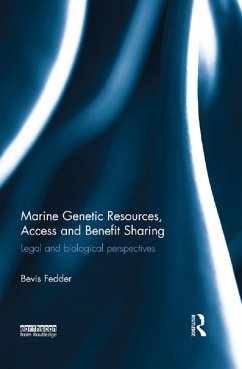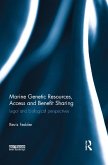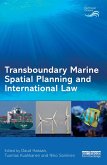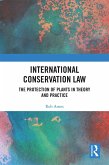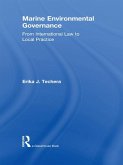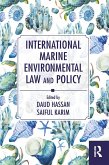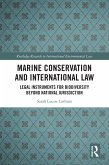This is particularly so in the marine environment, where interest in genetic resources for pharmaceuticals and nutrients has increased. This is partly because of the lack of clarity of terminology, but also because of the terms of the comprehensive law of the sea (UNCLOS) and transboundary issues of delineating ownership of marine resources.
The author explains and compares relevant provisions and concepts under ABS and the law of the sea taking access, benefit sharing, monitoring, compliance, and dispute settlement into consideration. He also provides an overview of the implementation status of ABS-relevant measures in user states and identifies successful ABS transactions. A key unique feature of the book is to illustrate how biological databases can serve as the central scientific infrastructure to implement the global multilateral benefit sharing mechanism, proposed by the Nagoya Protocol.
The research for this book was supported by both the Bremen International Graduate School for Marine Sciences (GLOMAR) and the International Research Training Group INTERCOAST - Integrated Coastal Zone and Shelf-Sea Research.
Dieser Download kann aus rechtlichen Gründen nur mit Rechnungsadresse in A, B, BG, CY, CZ, D, DK, EW, E, FIN, F, GR, HR, H, IRL, I, LT, L, LR, M, NL, PL, P, R, S, SLO, SK ausgeliefert werden.

